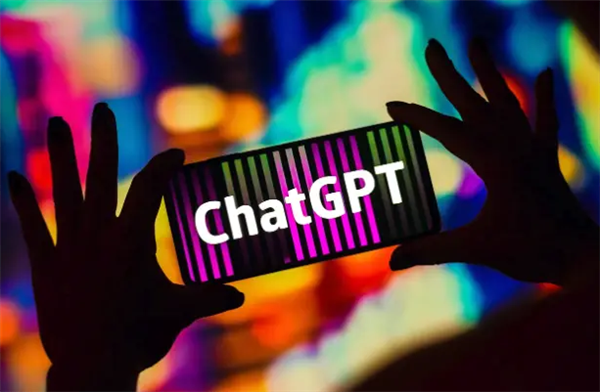According to media reports, OpenAI recently released the ChatGPT Edu version, which is an AI tool designed for the university education environment to serve students, faculty, staff, researchers and campus operators. It is worth mentioning that ChatGPT Edu user interaction data will not be used for training other OpenAI models.
Powered by GPT-4o, ChatGPT Edu not only enables smooth reasoning between text and vision, but also integrates advanced features such as data analysis, greatly enhancing the breadth and practicality of its application scenarios.

At the same time, the product also has enterprise-grade security and management features, and OpenAI promises that its pricing strategy will be affordable for educational institutions.
At present, 24 universities in the world’s top “Russell Group” universities, including Oxford, Cambridge, Birmingham, etc., have taken the lead in introducing generative AI products, including ChatGPT, into their educational practices, emphasizing the responsible use of AI in education.
According to a recent survey, young people aged 18 to 24 are the primary users of generative AI such as ChatGPT. As “digital natives”, they show a high acceptance of new technologies and the ability to use network resources to solve problems.
Considering the rich resources of text, pictures, video, and audio data in the field of education, this provides an excellent application scenario for generative AI. As a result, OpenAI has launched ChatGPT Edu to enable more students to benefit from this advanced technology, close the learning gap, and seize opportunities in education.











